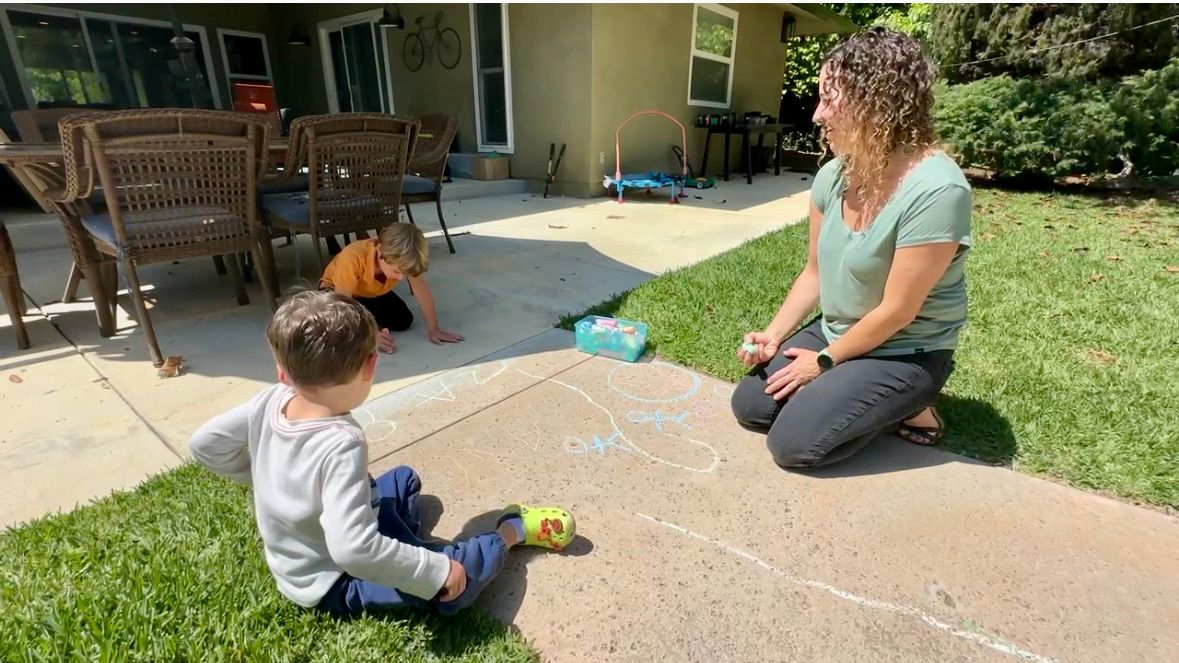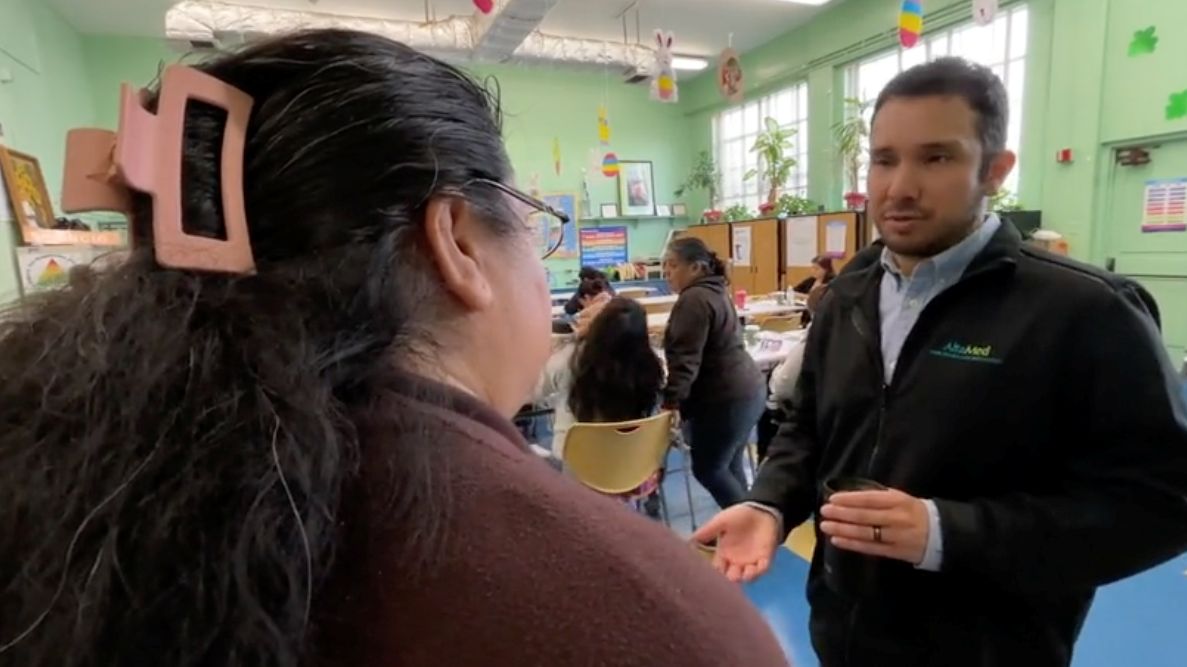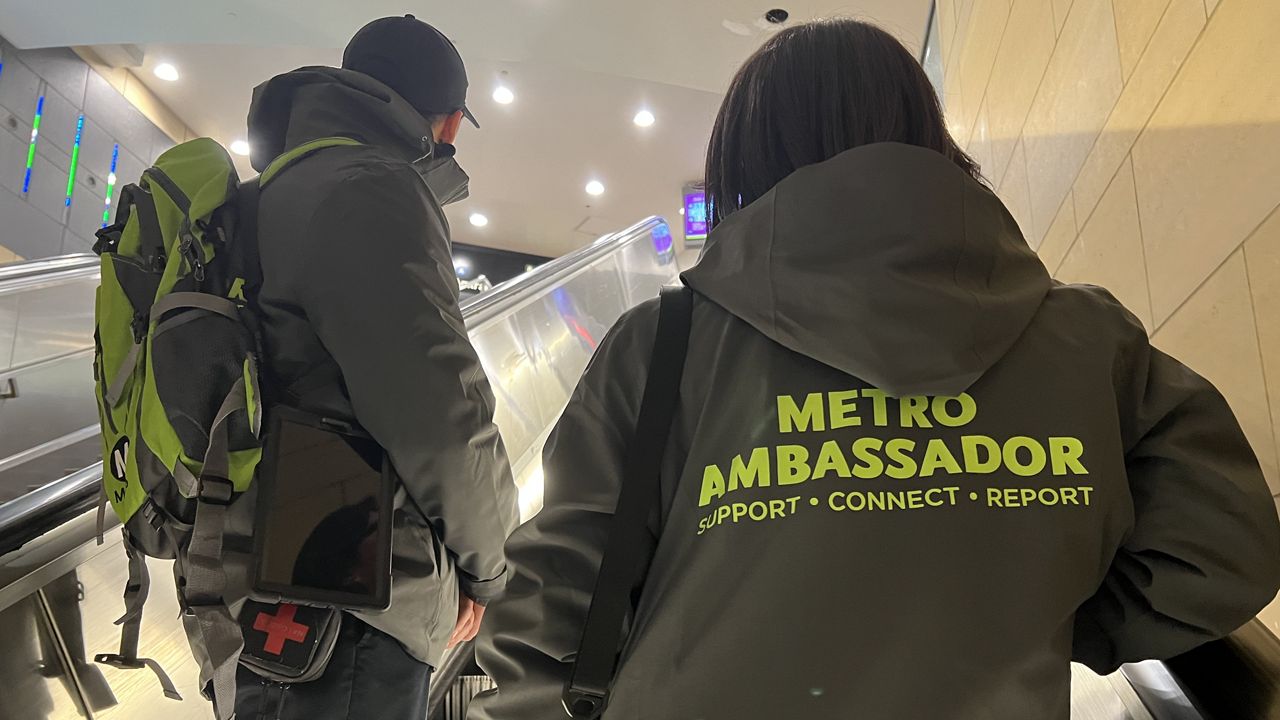MONROVIA, Calif. — For years, Debbie Smith has been fighting for her son Nick Smith’s life. The issue is, Nick doesn’t know he’s sick. Thirty-year-old Nick has schizophrenia and bipolar disorder and has spent the past 10 years cycling through homelessness, jail, the streets and Smith’s home. But Nick has a condition known as Anosognosia.
The condition prevents him from understanding his own illnesses.
“He doesn’t understand that he’s ill, and he doesn’t understand what’s happening to him,” Smith said.
Smith has attempted to get Nick help — but was repeatedly told by authorities and mental health providers that because her son didn’t want psychiatric care, there was little she could do to help him. It’s been an agonizing experience for Smith.
“I felt completely helpless. I felt like I was in a nightmare, screaming and nobody could help me. Nothing was coming out of my mouth. It was so scary,” Smith said. She would often try to help Nick at home — letting him stay with her but often, Nick’s behavior would turn violent. Smith described one particularly distressing episode that took place in 2022 when Nick began carrying a hammer around the house.
“He frequently carried a hammer, which was part of what made me so nervous. I didn’t feel like that was going to be the end of my life was being bludgeoned by a hammer. I was going to do everything I could to not have that happen, but be able to still help my son,” Smith said.
She contacted the police, with the intention of getting him mental health support. “I needed to serve a temporary restraining order to get him out of the house, so we could put him in a hospital and get him on a hold. It was never my intention to get a restraining order to kick him out of the house,” Smith said.
But soon after Nick left, he was sent to jail and subsequently ended up on the streets. Smith had few options but was constantly looking for her son. She was afraid that each time she picked up the phone, it would be someone letting her know Nick had died.
“I was positive that the next call was, ‘he’s dead,’” she said. But Nick was eventually able to get help and is now under a conservatorship, which Smith said has saved his life. She spoke to him on the phone after he was found at the park, “He said, ‘everything’s going to be alright now mom, right?’ And I knew that was the moment he was really going to get help.”
The intersection of mental health and homelessness is an issue Gov. Gavin Newsom is working to address with the CARE Court program.
CARE Court, also known as “Community Assistance, Recovery and Empowerment Court,” is a program that is “aimed at helping the thousands of Californians who are suffering mental health and substance use disorders leading to homelessness,” according to information released by the governor’s office.
Dr. Jennifer Hunt Psy.D. is the acting senior deputy director of reentry services at the Los Angeles County Dept. of Mental Health and says CARE Court is meant to help people as early as possible.
“This is a mechanism to try and intervene and provide support in a voluntary way prior to something severe happening. By a defined group of individuals in the law, they can refer or petition to have CARE Court process get involved. Or have the individual involved in Court,” Hunt said.
One goal, Hunt said, is to provide many layers of support, including housing. “There are a lot of studies that show that the earlier you can have interventions and change someone’s trajectory of their life, the longer they will live and the healthier they will be,” she said.
However, some groups have voiced concern over CARE Court. Disability Rights California released a statement on their site, stating that, “CARE Court is a coerced, court-ordered treatment system that strips people of their right to make their own decisions about their lives. It will do more harm because studies show forced treatment lessens the likelihood of people seeking voluntary treatment in the future.”
The Western Center on Law & Poverty and Disability Rights California, along with several other disability rights groups, filed a lawsuit asking the state to block CARE Court.
But in March, the case was thrown out by the California Court.
For Debbie Smith, CARE Court comes as a relief. While the program isn’t being used by her son, she believes it will help other families in a similar position.
“People have a right to live how they want, but not if it’s killing them and they’re not aware of it,” Smith said. “Families should have the right to save their loved ones.”











